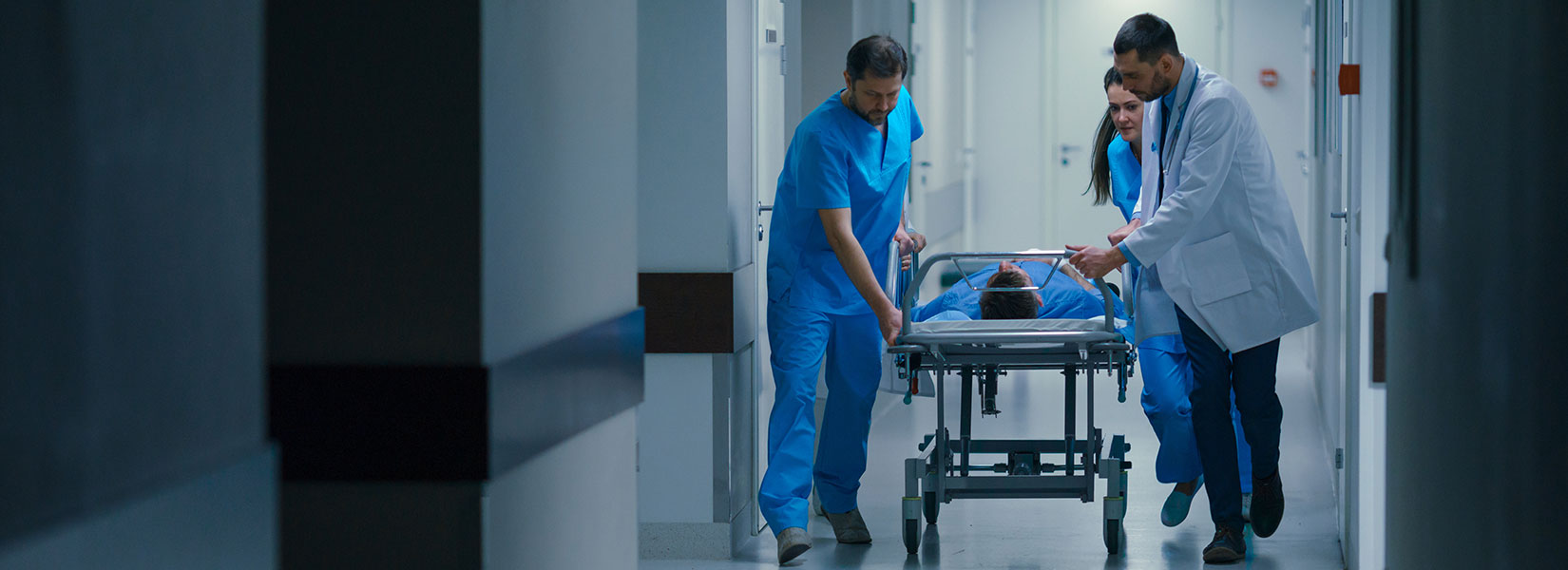How to Spot an Opioid Overdose
Would you be able to tell the difference between your loved one sleeping it off or having an opioid overdose? While overdoses may seem like something easy to identify many happen and go untreated because the people around them simply don’t understand what’s happening.
It’s difficult to tell if someone is high or in the early stages of an overdose. Then many families or friends hesitate to contact emergency services because of the possibly violent or outlandish behavior that would follow if the person was not overdosing.
Spotting signs of Being “Really High”
Most addicts work on a scale, meaning that they may microdose or treat every hit as if it’s their last. Neither is good, and with pills, the person often feels as if they are more in control of their dosing. Basically, they believe they have it down to a science where three pills equal a little bit high, and seven pills are really high. But, this is a dangerous game to play because it’s often not true. Tolerances, food intake, body hydration levels, activity levels, and more can all play a role in how the body responds to opioid doses.
When someone is really high, they may:
- Have really small (contracted) pupils
- Sit or lay in a slack position
- Scratch their skin often, typically their arms or neck
- Have slurred speech or be incapable of coherent conversation
- Nod out, or pass out for a few moments at a time
The important thing here is that unless they have passed out, the person should respond to loud sounds, bright lights, and physical movement. External stimulus plays a major role in identifying if someone is just really high or overdosing.
Signs of an Opioid Overdose
Loss of consciousness is a major sign of an overdose, but it’s difficult to tell because many people will sleep through their high or nod-out for short periods of time. That doesn’t mean they’re overdosing, but there is a difference between loss of consciousness and sleeping.
Other signs of an overdose include the failure to respond to outside stimuli. Especially if someone is unconscious and doesn’t respond to loud sounds or their pupils don’t repose to bright lights, it’s a sign of an overdose.
Watch out for very slow, shallow, or erratic breathing, as well if breathing stops at any point, contact emergency services without hesitation. It’s always best to involve immediate medical attention than to take the chance that it’s not an overdose. Shallow breathing may be experienced while the person is still awake and aware of their situation. Often opioid addicts will explain that this happens often, and it’s not a big deal, but it is, that just means that the person had likely overdosed before and luckily lived through it.
Some signs include:
- Limp body
- Pale pallor such as a bluish skin tone for light-skinned people or a greyish skin tone of darker-skinned people.
- Gurgling snore often called a “Death Rattle.”
- Low or erratic pulse
- Vomiting
Typically people don’t die from an overdose because someone was there to contact emergency services or respond immediately. Don’t take the chance of someone overdosing on your watch. Always contact emergency services if you suspect that someone is in danger of an overdose. Be honest with paramedics when they arrive and show them the pills or prescription bottles if it’s available.
Contact a Help Center
If you suspect that someone you love is at risk of overdosing, has an opioid addiction problem, is a victim of the opioid crisis, or has overdosed before, then contact a rehab center. Not every rehab center pulls people out of their homes and away from their families. In fact, many treatment centers work hard to help people build sober lives with their families. Addiction is a disease that affects entire family units the fact that you’re reading through how to identify an opioid overdose means that you care enough about this person to proactively understand what you might face soon.
Contacting a rehab center such as Rehab Carolinas can help you make a plan for intervention and to get your loved one the help they need. Building a sober life can’t be done for someone, but you can take the first steps to make getting sober the only options available for them.
When you reach out to Rehab Carolinas as a concerned family member, we can help you explore local resources for families and the person you love facing addiction. Ask us about intervention information and professional intervention services nearby.
